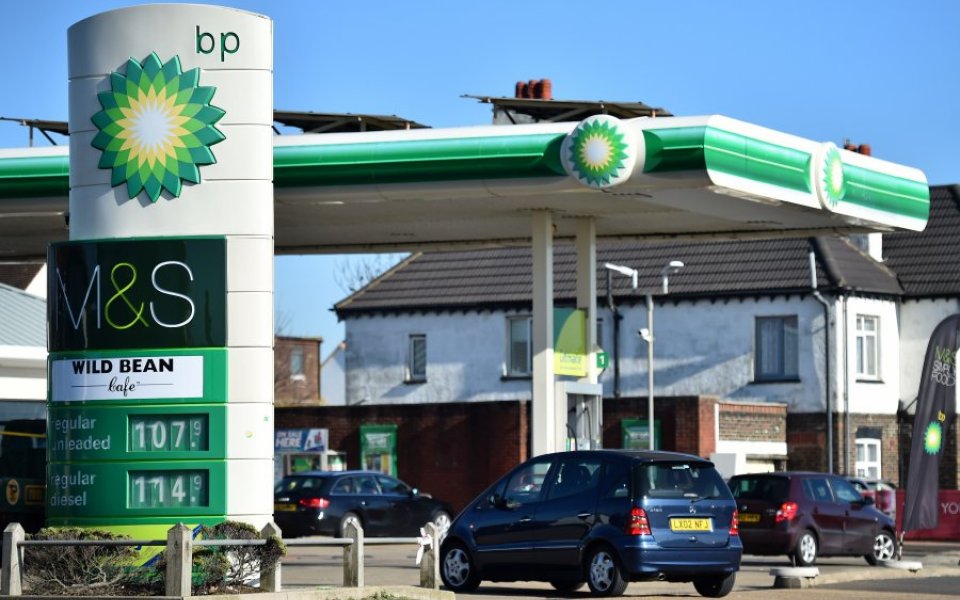ONS consumer price index: Motor fuel helps send UK inflation up by 0.3 per cent in January

Petrol prices helped Britain's annual inflation rate inch up to a 12-month high in January, figures released by the Office for National Statistics (ONS) today showed.
The consumer price index (CPI) rose 0.3 per cent in the year to January, up from 0.2 per cent in December, and in line with economists' expectations. This means prices rose 7.9 per cent in 2015 overall, up from 5.1 per cent in 2014.
But Britain's inflation rate still has some way to go before it hits the Bank of England's two per cent target. It's undershot this for two years now, and last year it fell to zero, its lowest since comparable records began in 1950.
"January’s consumer prices figures show that CPI inflation is heading gradually back towards its target as the drags from cheaper oil, food and import prices ease," Samuel Tombs, chief economist at Pantheon Macro, said.
Upwards momentum came from petrol prices, which fell less than a year ago, alongside alcoholic beverages and clothing. This was partially offset by air fare prices, which fell by more than they did a year ago.
Fuels and lubricants costs were just 7.3 percent lower than in January 2015, the smallest drop since November 2014.
But North Sea oil prices dropped to a 12-year low of $27.10 last month, and almost halved over the last year.
Economists expect low inflation to continue throughout the first half of this year, but price growth should pick up thereafter, as the impact of tumbling commodity prices begin to fall out of the index.
"The weakness in oil and commodity prices means consumer price inflation will likely remain extremely low for longer. Furthermore, recent additional price cut initiatives announced by both Asda and Morrisons indicate the supermarket pricing war is continuing," Howard Archer, chief economist at IHS, said.
"Nevertheless, rising inflation should be the consequence of the impact of past sharp drops in oil, commodity and energy prices gradually diminishing, an expected renewed pick-up in earnings growth amid a tighter labour market, eventual elimination of slack in the economy and sterling's recent appreciable retreat from late-2015 peak levels."